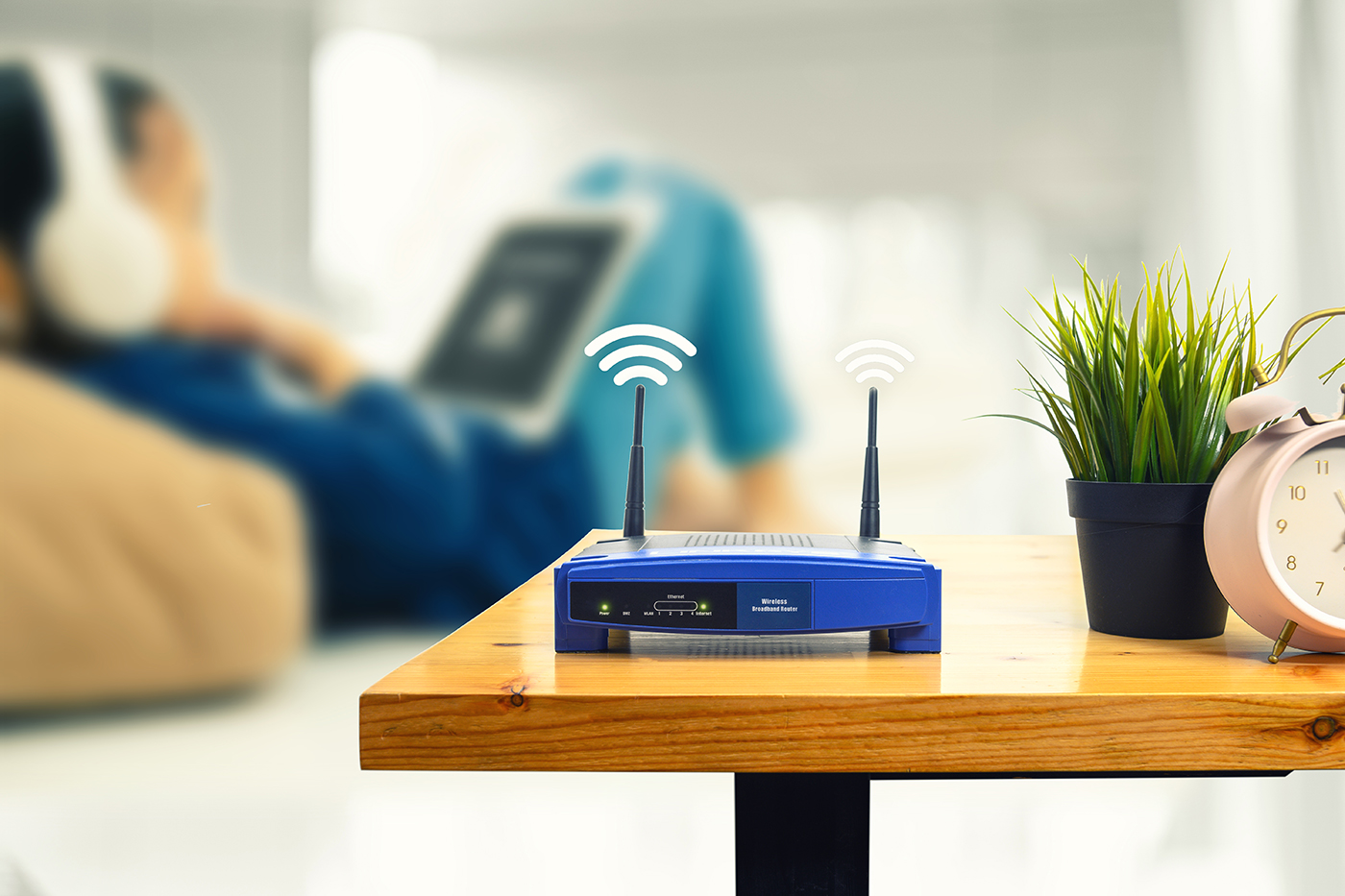Just like the operating system on your computer & cell phone, you can change the software running on your router.
It’s awesome to see these projects are still alive and kicking but they feel like a relic of a past era nowadays. Much like how stock ROMs on Android have improved to the point that rooting isn’t really beneficial in most cases anymore, the stock firmware on the majority of routers is perfectly serviceable. I’m sure there are still some corner cases where they are as transformative as ever though.
I have worked with a gigabit ISP for a number of years, and personally haven’t seen that much improvement in stock firmware. If anything, I feel like it’s more a matter of hardware improving to the point that the clunky stock firmware can run ok.
Maybe I should revise my statement to “consumer routers an informed user would consider buying”.
I agree. Back in the day I used to run DD-WRT on a cheap $75 router to get features you’d only get on $200+ routers, but now a days I think there’s better options. UniFi for example is great if you don’t mind spending a bit extra. Otherwise I’d rather just use PfSense.
Still have 2 wrt 54 gl
I run Fresh Tomato on my Asus router, and super happy with it. Tons and tons of functionality that didnt exist at all in asus firmware.
It’s fast, stable and has a much better user interface than default.
I’m using GL.iNet GL-B1300 as my main router which had out-of-the-box OpenWRT-based firmware where the primary control panel is GL.iNet’s own design, but from where you can also use advanced login to OpenWrt’s own LuCI-interface where it’s true potential unleashes. It is also possible to install pure OpenWrt on the router, but I haven’t seen no need for that, at least for now, since the router is still supported by GL.Inet itself.
This GL-B1300 is my first OpenWrt based router, but before this I have used few Netgear, Buffalo and Linksys routers since 2009 with DD-WRT, Tomato and FreshTomato firmwares installed on them without any bigger problems. Only minor problems that has occured has been about the wifi speeds vs. original firmwares, which has been about the proprietary hardware wifi drivers being performant than the open source ones.
After all, these third party firmwares has given new or extended life with new features for many old and new routers that has been EoL or otherwise restricted by manufacturers. Not to mention how these 3rd party firmwares has saved money and natural resources preventing me to buy a new one everytime manufacturers dropped the ball about the updates even if the hardware where still valid.
Concerning Asus, I just last week got Asus Blue Cave AC2600 from 2018 on my hands; router which is EoL and it’s latest official firmware is from 2021, but I found a ASUSMerlin-WRT based and up-to-date firmware fork for it; fork because there even haven’t been any official Merlin support for it. This is probably because ASUS uses not-so standard or otherwise open hardware on some of it’s routers instead of well supported Broadcom architecture, in this case this Blue Cave is based on non-usual Intel hardware.
I would take these projects over stock firmware on traditional home routers any day. And I have done where I’ve been unable to rig a more permanent solution. They have an honourable mission in a section of hardware filled with absolute junk.
But the trouble is the sheer number of hardware targets and meagre resources on these devices combined with the contempt of third party firmware from most manufacturers make them hard to flash and leave them rarely updated, if you’re lucky enough to have a supported device. Even then they are prone to quirks and bugs. Some devices do receive and are capable of receiving updates but they often cost more than the equivalent low TDP general purpose computer.
Just imagine: the developers of DD-WRT have to target not just each individual router model but every single revision as the manufacturers have a habit of switching major components or even entire chipsets between product revisions. On top of that the documentation for the components used might be sparse or non existent. I’m impressed that these router distributions can make it work at all but that doesn’t make it any more practical or sustainable.
At this point you may as well flip the router into modem mode and run OPNsense or PFSense and get a fully fledged operating system running on far more resources than any of these SoCs. Assuming you have the power budget you’ll get assured updates and far more flexibility with fewer compatibility issues and quirks. My passively cooled N5105 box with 8GB of ram and a 128GB HDD happily routes a 1gb/s WAN while simultaneously hosting a busy home assistant instance. The resources aren’t even maxed out.
Following my experience I will always opt to run dedicated APs. DD-WRT WiFi support is amazing considering what they have to work with, but there are only so many wifi chipsets they can support and because they try to support as much as they can there are always problems with something. I really don’t have time to constantly troubleshoot the wifi following cryptic posts from years ago. Ubiquity stuff isn’t flawless either but it’s stable and a lot less prone to hard to trace issues. YMMV.
DD-WRT and friends I love you, you really saved my ass a few times when all I had was some shitty CPE. You’re still way nicer than Cisco gear. But I find it hard to justify using a gimped out SoC from a couldn’t-care-less manufacturer when I can buy a 5W TDP passively cooled x86 computer for ~100usd.
I will always opt to run dedicated APs
Any recommendations for a dedicated Wi-Fi 6+ AP that supports open firmware?
The short answer is no, because it’s a pain in the ass and offers little tangible benefit. But I can speculate.
If I was going down this path I would look for an x86 box with a wifi card that is supported by OPNsense or PFsense(that’s usually going to be dependant on available *BSD available drivers). I don’t how well they would function but I would expect quirks. You could also check the compatibility lists of the open router distributions to find something that’s well supported. You can check the forums for posts from people with similar goals and check their mileage.
You might even be able to achieve this with an ESP32.
But what are you hoping to achieve? Do you mean open radio firmware or do you mean open drivers? Or an open OS talking to a closed radio? What’s the benefit?
Radios in any device are discrete components running their own show.
Open drivers should be possible. However I have a feeling that open firmware for wifi access points radio hardware is going to be extremely hard to find. The regulatory agencies really don’t want the larger public to have complete control because of the possibility of causing interference and breaking the rules(for good reason - imagine if your neighbour had bad signal so he ignorantly cranks up the power output, not realising that he can’t do the same with his client devices, rendering his change useless).
I seem to remember a change in FCC rules some time back that seemed to disallow manufacturers obtaining certification for devices that permitted end users to modify the firmware, much to the concern of open router users at the time. The rule was aimed at radio firmware but the concern was that the distinction would be lost and the rule applied to the entire router by overzealous manufacturers who hate third party firmware at best.
A fully open radio is basically an SDR. Can you move packets over an SDR? Hell yes, but now you’re in esoteric HAM radio territory. It’s going to be a hell of a fun project and you’re going to learn a lot, but in so far as a practical wifi ap, your results will be limited.
I use FOSS wherever it’s practical but if you want working wifi just stick to the well tested brand names. For what it’s worth you probably won’t gain any security by going open, if there’s any weakness it’ll probably be baked in at the protocol level which open devices would need to follow anyway. At least a discrete AP can be isolated and has no reason to be given internet access.
We get it, you’re the smartest man in the room. None of that was helpful for that poor soul who asked you for a recommendation on how to step away from OTS routers.





